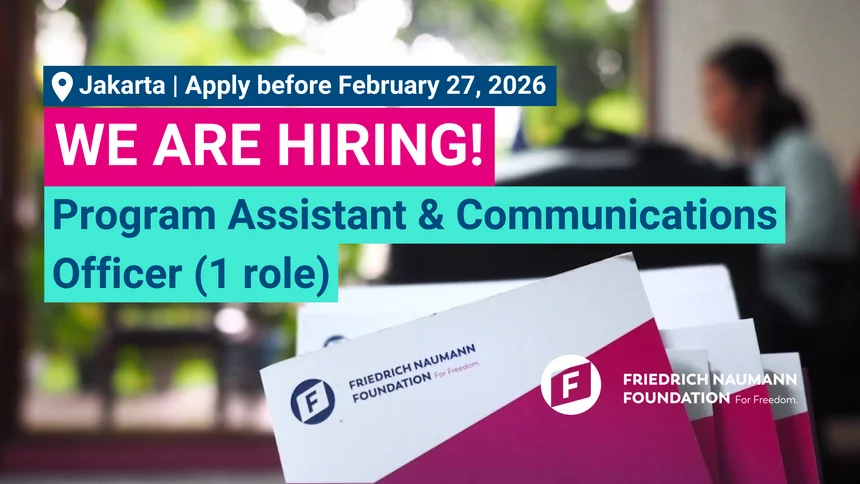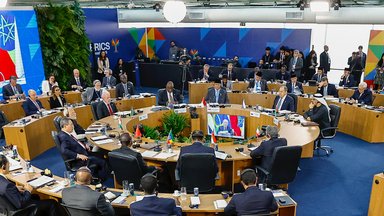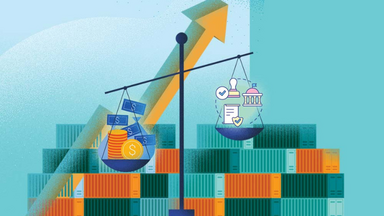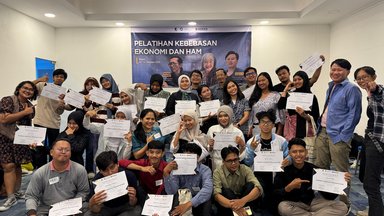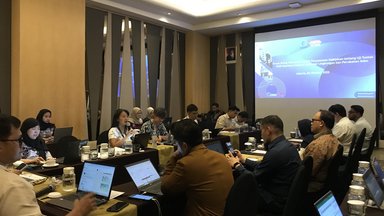Jakarta
The Friedrich Naumann Foundation for Freedom (FNF) promotes democracy, human rights, economic freedom, and curbing climate change. In Asia, we have offices in Bangkok, Jakarta, Manila, New Delhi, Seoul, and Taipei. We also work in Malaysia. The FNF Indonesia team works with Ministry of Human Rights of Indonesia, LestraGP, CIPS, InDeKS, BINA Foundation and SAFENet . Should you have questions or suggestions about our work, please contact us. You can also meet our team here.
News
-
Job Vacancy (lowongan kerja): Program Assistant and Communication Officer (1 Role)
Job Opening for Program Assistant and Communication for FNF Malaysia Project (based in Jakarta)
-
Will ASEAN reform SOE Governance to align with OECD?
ASEAN economies are integrated in trade and investment, yet uneven in governance standards. As Indonesia, Thailand, Vietnam and the Philippines are deepening ties with the Organization for Economic Cooperation and Development (OECD), governance standards become an issue.
-
ASEAN GOES BRICS
Indonesia has joined BRICS as a full member. Malaysia, Thailand and Vietnam have partner status. What drives ASEAN’s biggest countries towards BRICS?
-
Future-Proofing ASEAN`s Investment Regulation
A new paper “Future-Proofing Investment Regulation Across ASEAN” - commissioned by the Asia Office of the Friedrich Naumann Foundation for Freedom - looks at Singapore, Vietnam, Indonesia and the Philippines from 2019 to 2025. The study traces how these four countries are trying to manage rising geopolitical and security pressures without abandoning openness or unsettling investor confidence.
-
Divided We Fall: ASEAN’s Response to Trump’s Illiberal Trade Agenda
When President Trump’s "Liberation Day" trade policy hit Southeast Asia with tariffs reaching between 32 and 49%, the region’s economic foundation didn't just crack; it splintered. While ASEAN initially projected a rare image of defiance and solidarity, that unity lasted only weeks before the bloc’s two most export-dependent members, Vietnam and Cambodia, were first to break ranks to chase bilateral side deals with Washington.
-
Unleashing Potential: How Economic Freedom Strengthens Civil Society in Indonesia
This article was written by Dedi Irawan, a team member of one of FNF Indonesia’s partner organizations, the Institute for Democracy and Prosperity (INDEKS). It reflects on their ongoing work in promoting the ideas of economic freedom in Indonesia
-
A Stepping Stone for Business and Human Rights in Indonesia
Many of human rights violations in the business sectors are closely tide to environmental issues, particularly land conflicts in mining and plantations areas. How does Indonesia face this growing problem? read this article to learn more.
